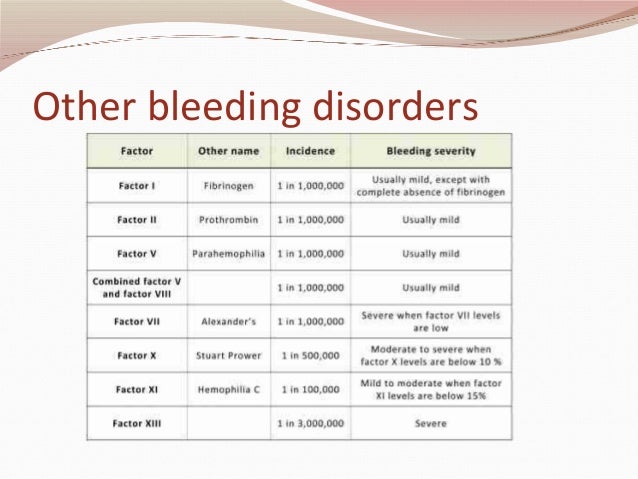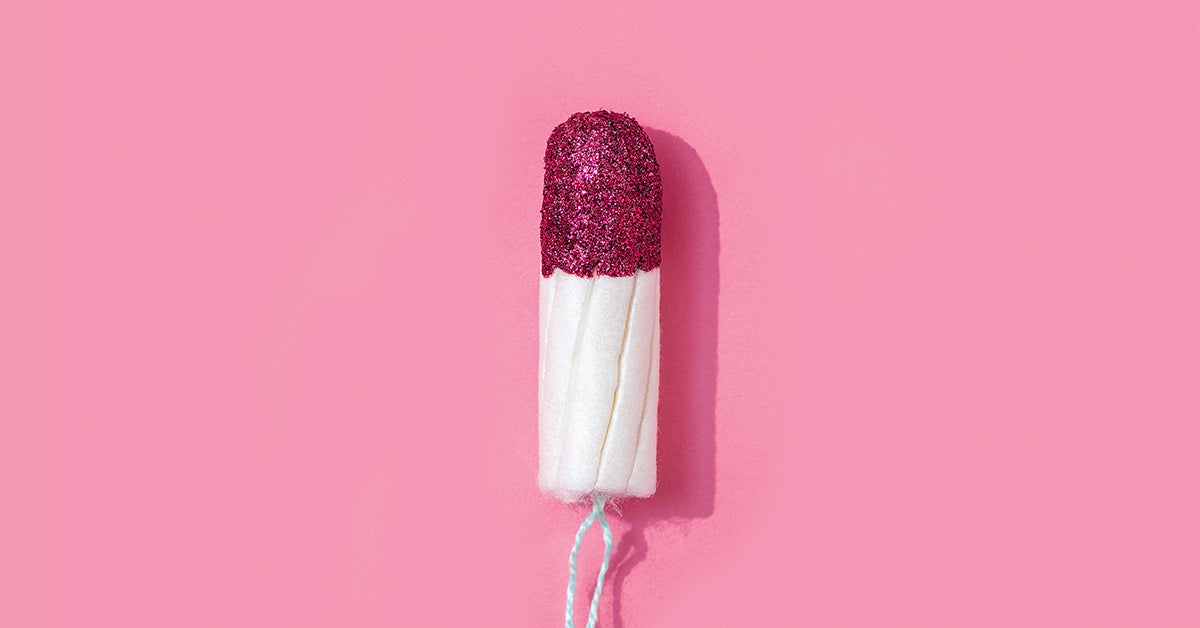Period Blood Clots Larger Than A Quarter. If your durations seem heavier than typical — for instance, soaking through What Blood Clots are Considered Large during Periods. However, passing large blood clots might be a sign that something's wrong.

Menstrual blood clots are globs of coagulated blood that have a gel-like appearance.
Period blood clots the size of raisins are normal and common during a heavy flow.
Gupta says you should see a doctor. However, passing large blood clots might be a sign that something's wrong. Period blood clots are pieces of the endometrial lining that builds up in your uterus in preparation for pregnancy, then are shedded when you So, some clotting is considered normal when you're on your period. If you have extreme abdominal pain with nausea or vomiting. Blood clotting or coagulation is a biological process that stops bleeding. According to the CDC, blood clots smaller than a quarter are nothing to be concerned about.
If blood clots are larger than a quarter. It doesn't always mean there's something wrong, and every. If you notice on heavy days of your period that blood seems extra-thick, and can sometimes form a jelly-like glob, these are menstrual clots, a mix of blood and tissue If you're noticing menstrual clots larger than a quarter, especially if you are soaking pads every hour, talk to your health practitioner. More often than not, these women tell me that they do notice dark blood clots during their period, and that these clots are often accompanied by menstrual cramps and/or heavy bleeding. However, passing large blood clots might be a sign that something's wrong. See your doctor if you have heavy menstrual bleeding or you have clots larger than a quarter.
Find out why blood clots during menstruation sometimes occur and when they might be a problem signaling you should see a doctor. Noticing menstrual blood clots or clumps, especially on the heaviest period days, is normal. But they can be used to identify certain hormonal imbalances and nutrient This can be completely normal or indicative of a hormone imbalance or nutrient deficiencies.






